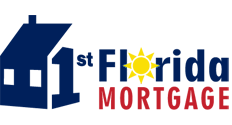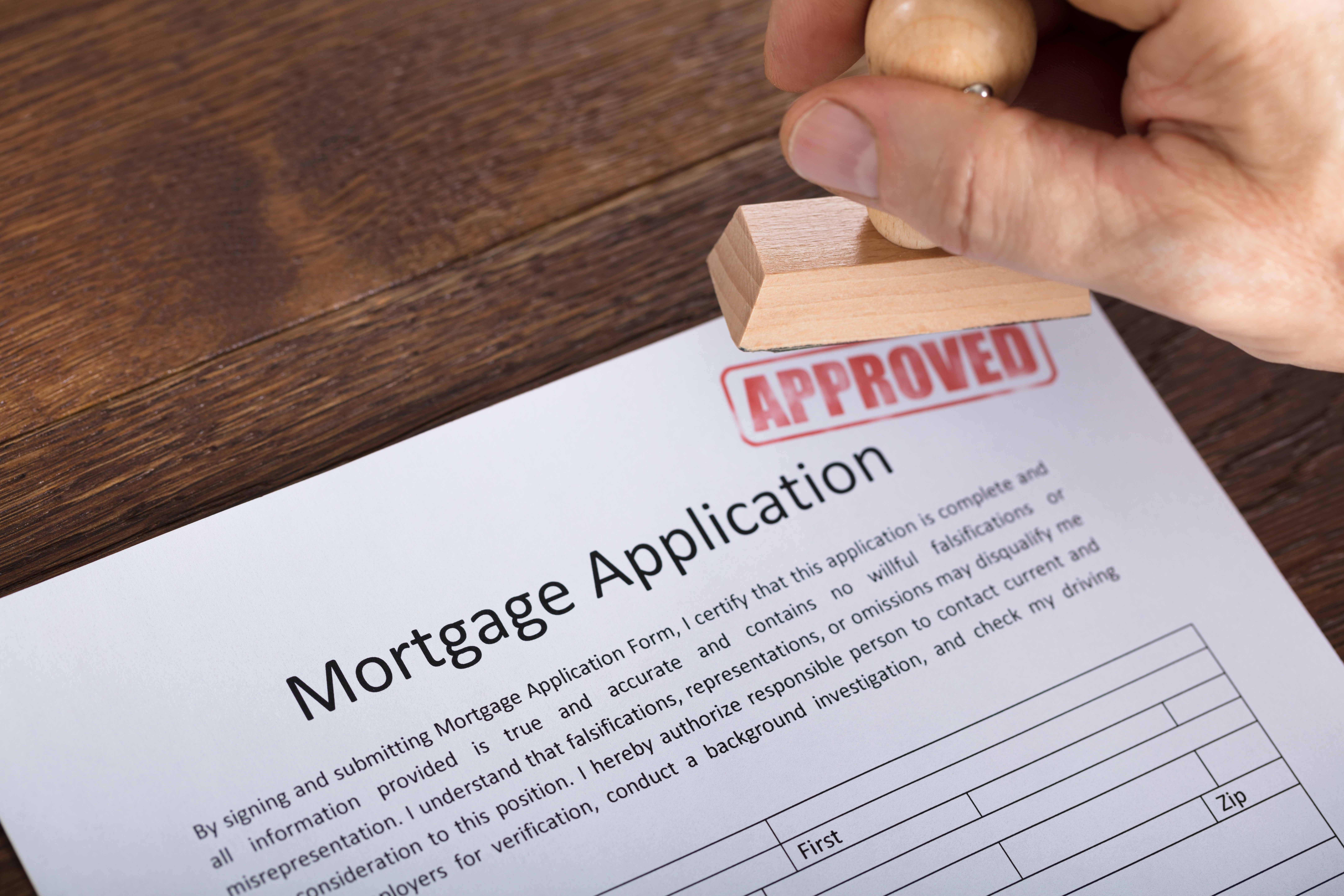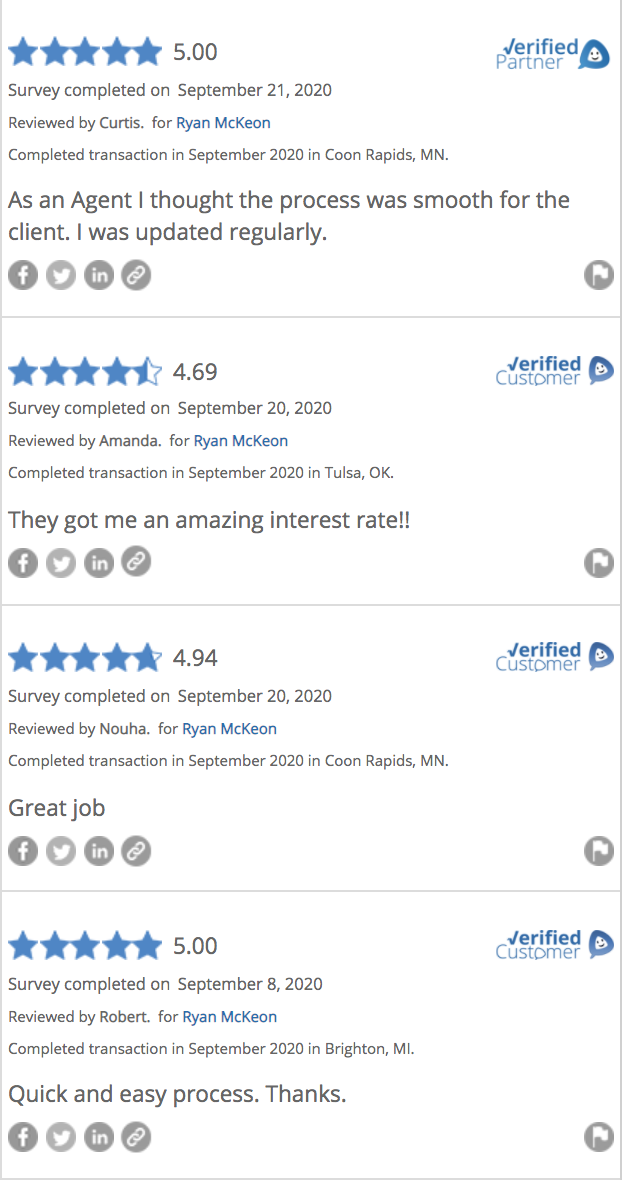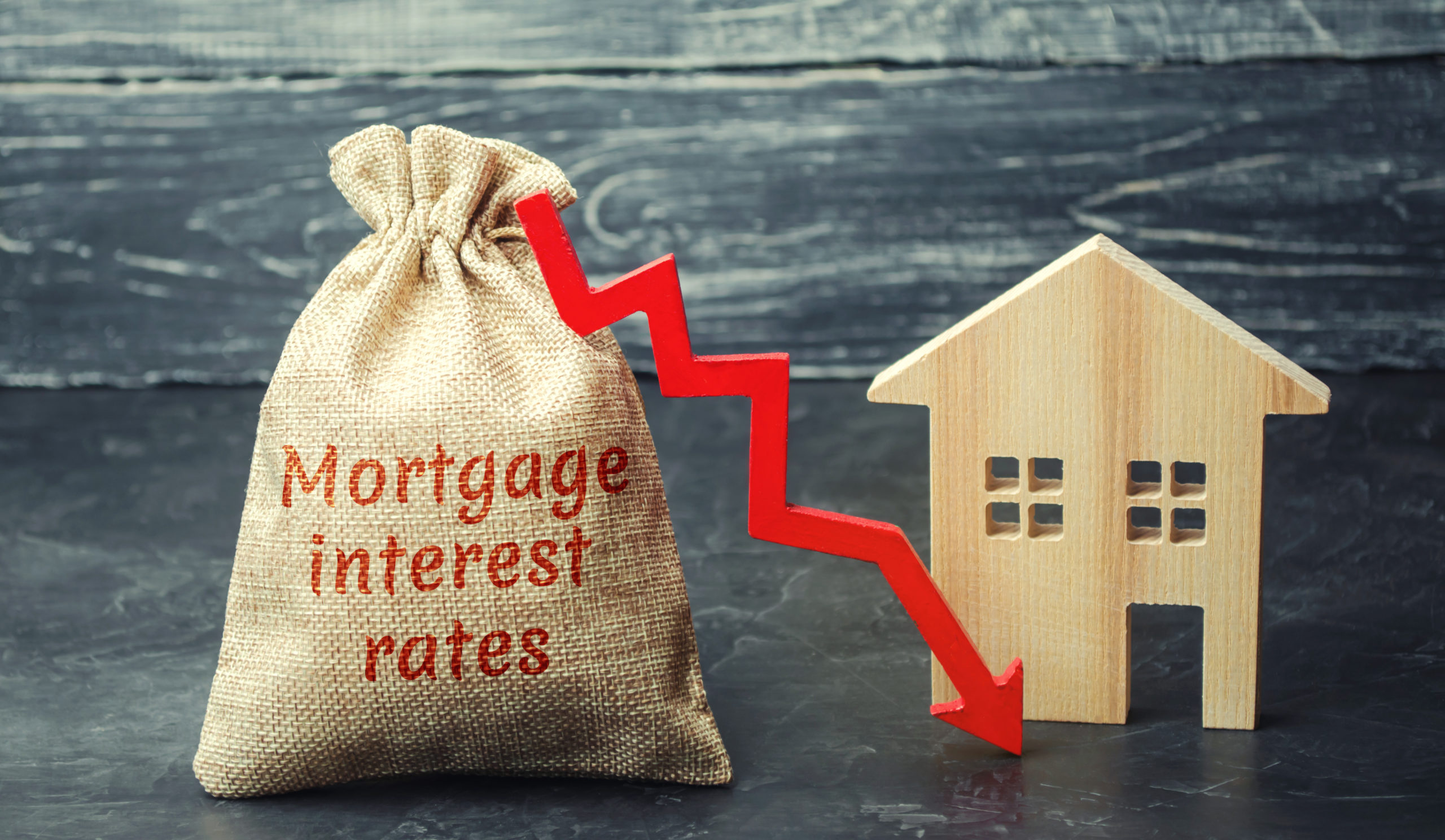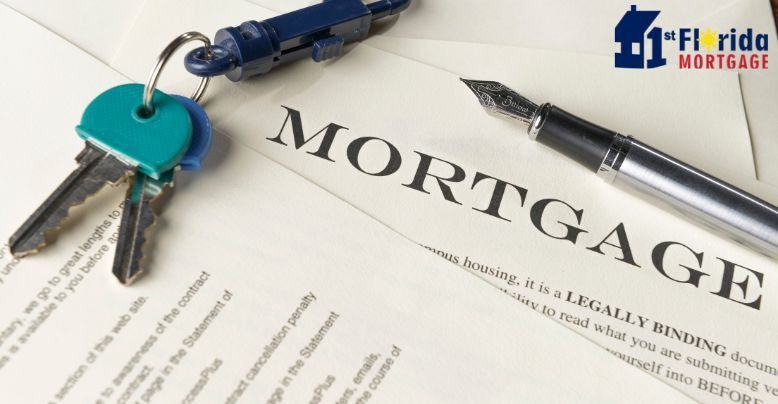You’re not going to close on a new home the exact same day you sell your old home if you’re in the process of buying and selling at the same time. You’ll have to rely on potential buyers and the current state of the market. There have been no offers on your current home, but you found a great home you’re ready to buy. Or you haven’t found your new home just yet but are facing a quick sale of the current property. There are ways to get these dates closer to one another, but chances are, your focus will have to be more on either buying or selling first, and there are pros and cons to each.
Keeping paperwork organized, meeting deadlines, and research—it can all be a little stressful. Buying a home is a serious undertaking. It can turn into one big, overwhelming headache if you’re selling your home at the same time. Here are a few things to keep in mind when you’re buying and selling a home simultaneously.
Selling First
A new mortgage is easier to obtain after you’ve sold your old home. You know precisely how much money you have to work with when you sell your home before buying a new one. Having two mortgages can be a serious financial strain, so if you do this way you won’t be facing two mortgage payments.
While selling first is usually the best decision, this option comes with a few disadvantages. You could sell quickly and not have a new home to move into. You’d find yourself renting while looking for your new home or having to rent a storage unit you find a home, which essentially means moving twice.
Buying First
You have time to thoroughly prepare the other property for sale. You have plenty of time to move and settle into your new home.
The likelihood of obtaining a new loan decreases, however, because you’ll have a higher debt to income ratio. If you’re struggling to show enough income to qualify for the new loan without adding in your existing mortgage, you may not be able to qualify with both unless you can find a lender that will allow a higher debt to income ratio. You’ll most likely be paying two mortgages at once if your previous home doesn’t sell quickly. Your income will have to support both mortgage payments, if you’re buying a house before you sell.
You have the option to rent your old home to help cover the mortgage payments while you move into your new home. The drawback to that is you now have all the responsibilities of being a landlord. You may not want that added stress at the same time of buying and selling.
Research the Market
Before you move forward, discover if the market favors sellers or buyers. While selling first might seem logical, it also depends on the market. Research prices in the areas where you’re both buying and selling. You can balance out the strengths and weaknesses on both ends much better with more knowledge of the current market. Normally you want to sell first in a buyer’s market. In a seller’s market, you might consider buying first, if you know the property can indeed sell quickly.
Sync Closing Dates
You want the closing date on your old home to come after your new home. The selling and buying dates can line up a little better by preparing for one while actively doing the other. For example, if you’re actively selling your current home first, you can prepare to buy your new home at the same time. Research your options, keep your credit score high, and research loan options.
Contract Contingency
Consider adding a contingency to your contract, whether you’re buying or selling. If buying, you can ask the seller to make your purchase contingent upon the sale of your current home.
If selling, you can negotiate with your home’s buyer instead. Ask to add a contingency to the contract that makes the closing date line up with the closing date on a new home.
Rent Back
With a rent-back option, the buyer agrees to rent out your current home to you after you sell it. You negotiate a lower sale price or agree to pay the new owner rent. This way you get to stay in your home for 60 to 90 days while you find a new one. Not all lenders allow this, but it’s a smoother transition than selling your home, moving into a rental property, and then moving again into your new home.
Bridge Financing
In the event your home has not yet sold, bridge loans are temporary loans to fill the gap between the sales price of a new home and your new mortgage. Basically, it’s a short-term loan that uses your old home’s equity to help pay for the new one. The loan is secured to your existing home. The funds from this loan are then used as a down payment on the new home and then repay the loan in full when you sell your first home. With a bridge loan you can put your home on the market without any restrictions.
It’s possible to minimize the stress of buying and selling a home at the same time, with research and preparation. Know the market, know your options, and have a plan to make the process as seamless as possible.
First Florida Mortgage Can Help
At First Florida Mortgage, we are a Florida-based mortgage company. We want to help you through every step of financing your new home. Fill out the quick contact form or call First Florida Mortgage today at 1-800-501-2131 to speak with one of our Florida mortgage specialists and get a free good faith estimate.
